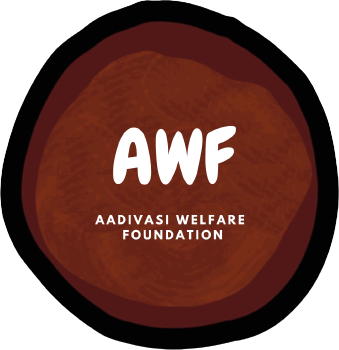Cause Area
Primary Sectors
Secondary Sectors
Geographies Served
Programs
-
Environment Programmes - Jharkhand
District
East Singhbhum
States
Jharkhand
The project endeavours to foster sustainable change in East Singhbhum district, Jharkhand, by planting tree saplings, rejuvenating water bodies, and providing art and handicraft training, along with free health checkups to tribal families. Situated in an area prone to human-elephant conflicts, the project aims to densify elephant corridors, creating protected areas for wildlife. It addresses shrinking food resources by planting trees to reduce conflicts and enhance soil health. Through vocational training, especially in handicrafts, the project empowers rural tribal communities, promoting economic stability and cultural preservation.
-
Environment Programmes - Odisha
District
Mayurbhanj
States
Odisha
The project aims to restore degraded areas near the Simlipal Tiger Reserve in Odisha by planting saplings and creating forest corridors for rare black tigers. It empowers tribal communities, especially women, through vocational training and skill development, promoting sustainable agriculture and income diversification. By planting 1 lakh saplings, the project aims to enhance wildlife habitats, reduce human-wildlife conflict, and support local agriculture. Direct employment opportunities are provided throughout the plantation process, fostering sustainable livelihoods, while vocational training preserves cultural heritage and traditional crafts. Additionally, fishery production ponds enable additional income generation for local communities.
Impact Metrics
-
Number of Trees Planted
Program Name
Environment Programme
Year-wise Metrics- 2020-21 1158000
- 2021-22 2946000
- 2022-23 1300000
- 2023-24 1212000
Registration Details
-
PAN Card
AARCA5995N
-
Registration Number
U85300JH2018NPL021846
-
CSR Form 1
CSR00060206
-
80G
AARCA5995N22MB02
-
12A
AARCA5995N22MB01
-
FCRA
Not Available
About
-
Headquarters
Saraikela, Jharkhand
-
Since
2018
Impact
Over the past 6 years, AWF has planted over 7.9 million trees in tribal-dominated states, established over a thousand water bodies, and provided livelihood opportunities to rural tribal communities throughout the plantation process.
Vision and Mission
AWF aims to promote environmental and social sustainability through social forestry and tribal development, while empowering rural and tribal communities through initiatives in education, healthcare, and preservation of tribal arts and crafts.
Political & Religious Declarations
-
Political Affiliation
-
Religious Affiliation
Location
-
Headquarters
Plot Number-8185, Near Srinath University, Sri Kirshna Road, Dindli Basti, Manjhi ToIa, Adityapur
Directions, Saraikela, Jharkhand -
Offices in Cities
Other Details
-
Type
Non-profit
-
Sub Type
Section 8 (formerly Section 25)
Website
Technology Adoption
-
SOC 2 Compliant
No
-
Financial Management
-
Beneficiary Management



